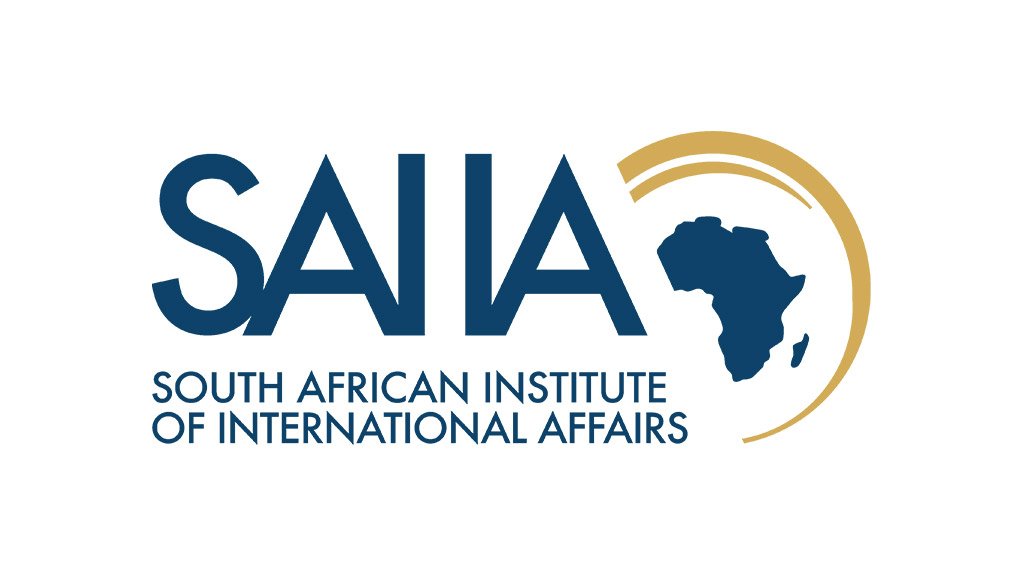On 9 March 2022, the African Peer Review Mechanism (APRM) celebrates its 19th birthday. Established in 2003 as the continent’s premier governance self-assessment and promotion tool, the APRM has a mixed history.
Its latest recruit – Burundi – brings the total number of African countries that have voluntarily joined the mechanism to 42. While this represents an overwhelming majority on the continent, it’s unlikely the goal of universal accession will be met by 2023 unless the non-members join at an unprecedented rate.
Over the last 19 years, several African countries have undergone the APRM review process, which measures adherence to African and global standards in four key areas.
A handful of countries have undergone the process twice, providing a rare opportunity to assess the progress (or lack thereof) in between reviews. A recent SAIIA report showed that while improvements were noted in Kenya, Mozambique and Uganda, many other governance weaknesses still featured in the second reports more than a decade later.
And several African countries – Angola, Botswana, Cameroon, Congo, Democratic Republic of Congo, Equatorial Guinea, Gabon, Malawi, Mauritania, Seychelles, Togo, Tunisia, Zimbabwe – some of whom joined years ago, have yet to undergo a review at all.
Map illustrating APRM membership and review status
These reviews are important, based on the belief that dialogue, pressure from African peers, diplomacy and civil society involvement can help catalyse and support reform.
The APRM’s rules require that civil society be meaningfully involved in each country’s review process. Together with government and the private sector, a country’s civil society can diagnose governance strengths and weaknesses and develop appropriate and applicable remedies.
As part of efforts to enhance meaningful civil society participation in the APRM process, SAIIA recently worked with organisations and individuals in Botswana, Lesotho, Namibia, South Africa and Zimbabwe to build capacity, foster better knowledge of the process and develop written submissions on the key governance issues in those countries. See videos about the process in Botswana, South Africa and Zimbabwe on SAIIA’s YouTube channel.
The overwhelmingly positive response to these sensitisation projects serves as a stark reminder of the APRM’s relevance, even two decades into its existence. The review process has established norms of transparency, is unparalleled in breadth, and results in an honest assessment of governance in African countries.
However, the APRM is not without flaws. The review is highly technical and therefore takes time. It is a multi-year process for most countries and the work does not stop there. After being reviewed, countries need to implement their National Programmes of Action, putting in place measures to practically address issues identified during the review. This has been done to varying degrees of success over the years. And the main question – has it worked? Figures from the Ibrahim Index of African Governance suggest otherwise. Declines have been triggered by worsening performance in areas of Participation, Rights and Inclusion, Security and Rule of Law and Human Development.
Also, the reports need to be released timeously – the rules say six months after heads of state discuss the report – but this has not been adhered to. Reports should be readily available in all AU languages, and not constrained to a launch at national level. Long delays effectively bury their results and relevance.
Perhaps aware of these challenges, in 2016, the APRM was given additional responsibilities by its parent body, the African Union (AU). Collectively, these added features are known as the APRM’s Expanded Mandate. These responsibilities extend the APRM’s purview to monitor governance not only in its current 42 member states but also in non-member states, with a focus on the implementation of the governance aspects of the AU’s 50-year blueprint, Agenda 2063.
The Expanded Mandate and the APRM’s leadership’s turnaround strategy can be credited for the renewed momentum, energy and interest the APRM has enjoyed from member states, civil society organisations and development partners. However, some contend that it has also distracted the APRM from its core focus. The opportunities and challenges created by the Expanded Mandate are explored in this recent SAIIA report.
On its 19th birthday, the APRM has much to be proud of. Looking forward, it needs to work on sharpening its focus, retaining relevance for member states, and ensuring institutional stability.
Research by Steven Gruzd, Cayley Clifford for South African Institute of International Affairs
EMAIL THIS ARTICLE SAVE THIS ARTICLE ARTICLE ENQUIRY
To subscribe email subscriptions@creamermedia.co.za or click here
To advertise email advertising@creamermedia.co.za or click here











